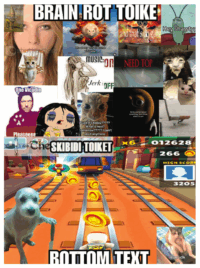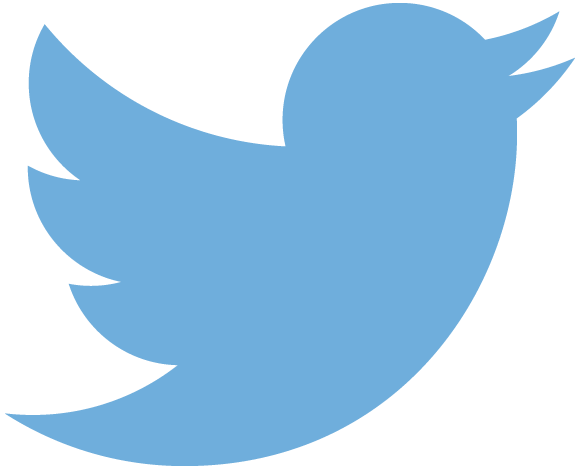Ears. Two legs. Deep brown eyes. Soft, tousled brown hair. A cute, kissable nose. Tall.
What I just described to you is a person. Perhaps it sounds like your boyfriend or girlfriend, or someone you simply love very much. What I purposely neglected to mention was the other pair of legs, the paws, the sharp teeth evolved for ripping and tearing meat, the short little tail, and a long snout. Now, does that still sound like a person to you?
It should.
For centuries, western civilization has marginalized bearkind, relegating bears to animal status, keeping them penned up in zoos, and even training them to perform in circuses for entertainment. And while we’ve made great strides toward bringing an end to their abuse, there’s still an important aspect of bear rights most people haven’t even thought about addressing: the fact that bears are people.
To me, the single most egregious offence we as a society have committed against bears is taking away their right to vote and hold public office, something normally reserved for “persons” according to Canadian legislation at least. It was just under 100 years ago that women in Canada were declared persons, and yet bears have existed in Canada for far longer than human beings (over 30 million years according to the most up-to-date biological estimates). This is not to say that women don’t deserve the right to participate in our governance, mind you—just that bears do as well.
Let’s look at the facts. Many wildlife biologists would agree that bears are among the most intelligent land mammals in North America and are most certainly intelligent enough to be capable of making decisions (such as voting for who they believe should govern the land on which they hunt and raise their young). Whether or not they are capable of reading the candidates on a ballot is entirely irrelevant since we can provide bear-exclusive accessibility options, such as choosing one of any number of delicious fruit which represents their chosen candidate. Bears are also physically superior to humans in almost every way imaginable. A 1v1 match between a bear and a human would is almost guaranteed to end in favour of the bear, but despite that bears, being decent and kind, have not forcefully taken our place in society. I only need point you to the example of Paddington Bear, one of the most beloved bears in the UK who has proven, time and time again, that bears can be functioning members of society, even more so than many humans.
We deny bears the right to participate in the voting system and hold public office to protect the interests of their kin. And yet we would allow criminals and indecents such as President Trump and Prime Minister Harper to take centre stage in the political theatre.
“There are approximately 800 humans living in Churchill, but over 1,000 polar bears,” growled Albert, a bear who has been attempting to become a part of the Manitoba town’s council since 2006. “All I want is to be welcomed into the system, to be able to voice my concerns about the treatment of polar bears in our town. Yet every time I apply to vote, to run for office, I am denied on the grounds that I am not a person.”
Frankly, I am sickened by the way our society fails to recognize bears as part of the fabric of our social ecosystem. I think it’s long past time to make a change to our laws and finally call bears for what they are—people, just like you and I.



